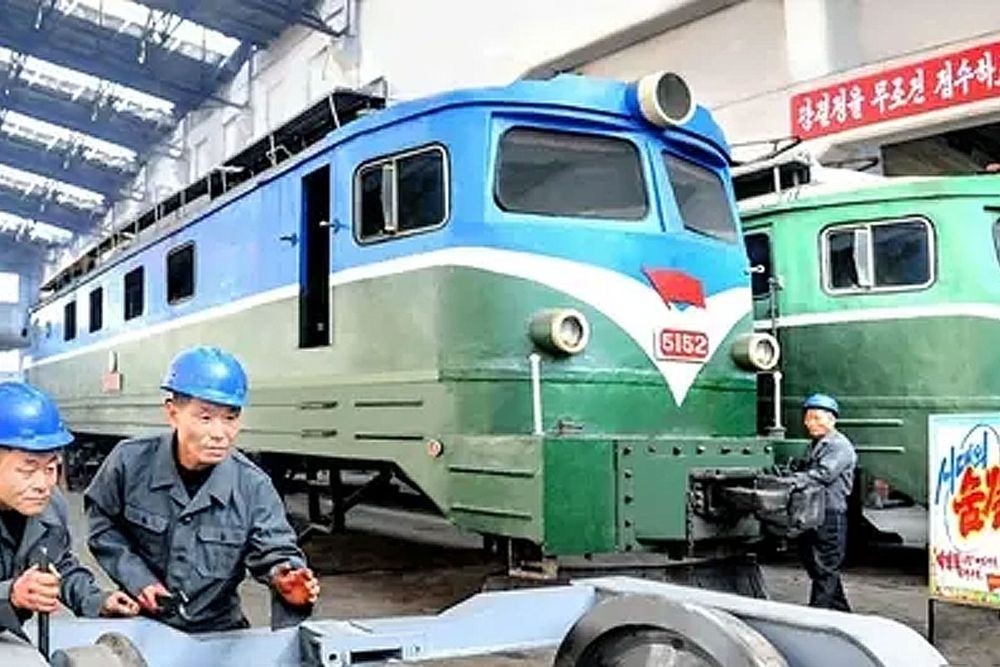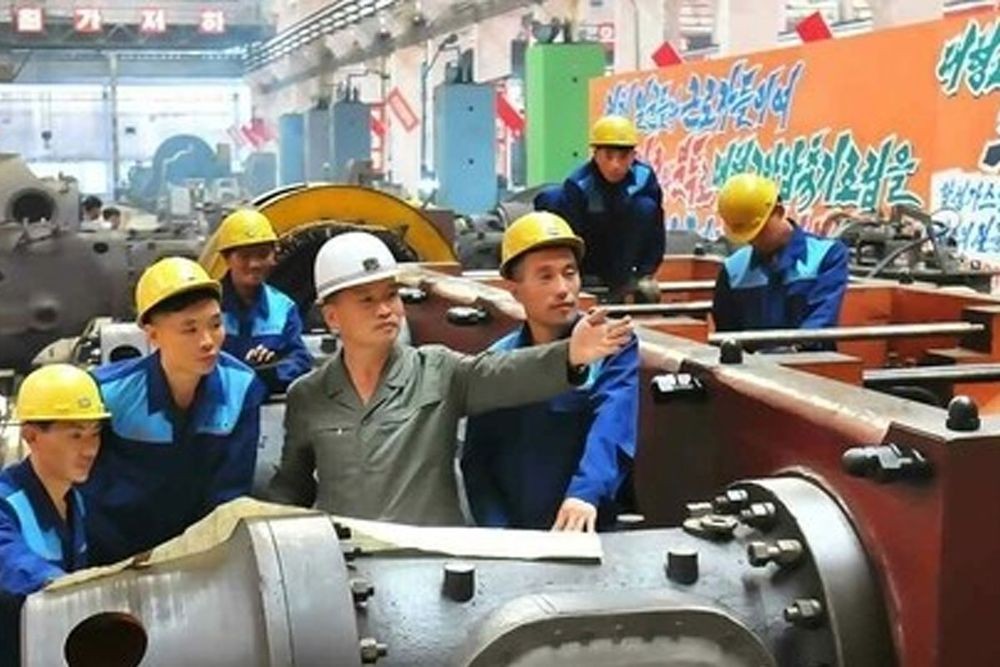Recently, the Asahi Shimbun reported that cracks are appearing in North Korea’s foreign currency earnings due to wage non-payment and long-term refusal to allow return to the home country, leading to strikes by North Korean workers dispatched to China.
According to a report by the Asahi Shimbun on the 14th, it was reported that North Korean workers had been on strike for several days at a factory in Dandong, Liaoning Province, China since mid-last month. In addition, a trader who travels between North Korea and China reported to the Asahi Shimbun that there had been strikes in Yanbian Korean Autonomous Prefecture, Jilin Province in January and at a factory in Dandong in February.
It was confirmed that North Korea uses foreign currency for funding nuclear or missile development, and on foreign currency earning, dispatching overseas workers is a significant route. Because the workers’ foreign currency earnings are used as funds for nuclear development, the UN has mandated member countries to send back North Korean workers working in their countries since 2017. Amidst this, many workers have entered China under the guise of training, not employment.
China also tacitly allows the employment of North Korean workers because they can utilize labor at low wages. North Korean workers who are illegally employed in China live collectively under strict surveillance and are used for foreign currency earnings as they move between their workplaces and residences.
According to the report by the Asahi Shimbun, it was pointed out that “The workers, born and raised in North Korea, worked diligently in this environment and obediently followed the management of the North Korean authorities. So, if an actual strike occurred as the testimony of interest parties, it would be a surprise”.

The speculated reasons that provoked the North Korean workers are wage non-payment and extended working periods. Although it varies depending on the workplace, it is known that the monthly salary of North Korean workers is around $392.
The actual salary the workers receive is around $94-$109 after the North Korean companies or authorities took a significant portion of their wages away. Moreover, it is shocking that they have to return to North Korea to receive even this amount.
The strike in Yanbian Korean Autonomous Prefecture in January is also speculated to have occurred when it was revealed that they could not receive even this small amount of money accumulated over several months even if they returned to North Korea. The ripple effects of this strike spread to other factories, resulting in strikes by North Korean workers in various parts of China. North Korean officials are said to have stated that the non-payment of wages was the fault of the Chinese companies.
What’s more serious is that North Korea even takes away these workers’ tips. It is known that the employees of North Korean restaurants in China are educated to return all cash tips from customers to the authorities.

In Dandong, China, female employees in their 20s at Ryugyong Restaurant, Pyongyanggwan, and Pyongyang Specialties Restaurant have been earning tips by serving food and singing, and even these tips are used as a means of earning foreign currency by North Korea.
According to reports by Radio Free Asia (RFA) and others, it was reported that from this month, employees at Pyongyanggwan in Dandong are not allowed to use a single penny of the tips received from customers. Following this, it was reported that special night-time training was conducted for the employees working at Pyongyanggwan earlier this month. In this training, North Korean officials emphasized that all tips should be offered to the authorities.
It is speculated that North Korea implemented these measures because the plan for foreign currency earnings imposed by North Korea has increased. Initially, female employees used part of the tips from customers for living expenses and offered part to the authorities.

For example, if they received a tip of around $78 from a customer, they would offer about $62 to the North Korean authorities and use around $16 for living expenses. It seems that they have been taking away almost all tips so far. But what angered the employees was taking away even the small amount of money used for living expenses. It is challenging to hide tips in North Korean restaurants in China, where CCTV is installed everywhere.
Another reason for the strikes is speculated to be the extended working periods. Among the strikes in Dandong, the demand for North Korean workers was known to be early return. Due to the impact of COVID-19, North Korea has been closing its borders for three years and seven months, resulting in situations where North Korean workers cannot meet their families in their home country.
Although they started to open some of the borders limitedly last year due to the end of COVID-19, it is speculated that it was difficult to suppress the accumulated dissatisfaction as the working period, usually about three years, became indefinitely long. In this way, the voices of dissatisfaction from North Korean workers are growing as incidents such as North Korea taking away the wages of overseas workers as a means of earning foreign currency are frequently occurring.

Meanwhile, it was confirmed that the strike of North Korean workers is not a problem that only occurs in China. According to a report by RFA, dozens of North Korean workers took collective action at a construction site in the Republic of Congo in Africa in March when the return schedule was delayed.
Initially, North Korea was confirmed to be earning foreign currency in cooperation with corrupt politicians in Africa. This violates the UN Security Council’s North Korea sanctions resolution 2321 of 2016, which bans public financial support for trade with North Korea as well as the supply and sale of statues to North Korea.
The following action of North Korea is drawing attention, as they significantly expand the scale of foreign currency earnings and use this foreign currency for the development of military weapons technology.










Most Commented